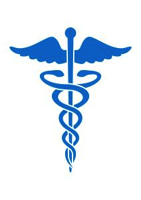

Anyone can have a great business idea, and now students don’t have to be enrolled in the business school to get help making their ideas a success. This semester, the business school’s Dingman Center for Entrepreneurship expanded its Innovation Fridays program to reach students of all majors. The program, which used to be advertised only to business school students, gives student entrepreneurs free consultations with successful business owners to get advice for starting their own small businesses, promoting social causes or creating new technology.







